An important part of BCWC’s water quality monitoring is the collection of water samples from our ponds, streams and estuary. This summer, we are lucky to have David Carter on board to conduct weekly water sampling at several sites, including four ponds, one river and cranberry bogs.
The water sampling at the ponds involves collecting two different samples at pre-determined depths (one shallow and one deep) using a sampling pole. These samples are then tested to determine the concentration of nitrogen and phosphorous at each depth. David samples at four key sites — Long Pond, Bearse Pond, and Lake Wequaquet in Centerville, along with Shubael Pond in Marstons Mills. These ponds were chosen due to the annual recurrence of cyanobacteria blooms during the summer months. This sampling program began three years ago to record and follow the changes in the nutrient levels.
David also assists with streamflow monitoring and water sampling along the Marstons Mills River. Streamflow measurements and water samples are collected at ten different locations along the river. At each location, the depth, velocity, ion conductance, and temperature of the river are measured and recorded. In addition, water samples are collected at each location and analyzed for the total amounts of nitrate and organic nitrogen (TKN). This sampling is done weekly to monitor the flow of nitrogen down the river into the Three Bays estuary and to track seasonal changes with water flow.
Our newest water sampling program this summer is at the recently installed bioreactor in the Marstons Mills cranberry bog system. David is collecting weekly water samples at various points throughout the bioreactor. Sampling will continue over the next year to determine how the bioreactor works in varying seasonal conditions and whether levels of nitrogen are reduced in the water flowing through. Depending on the data, bioreactors can potentially be used in other ditches throughout this cranberry bog system and other bog locations on Cape Cod. Check out the Marstons Mills Cranberry Bog Restoration post for more information on the bioreactor project.
For more information about Cyanobacteria on Cape Cod, check out our video.

